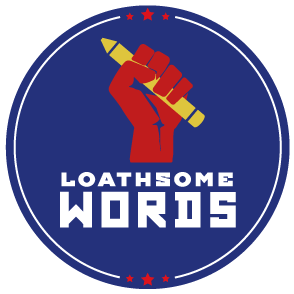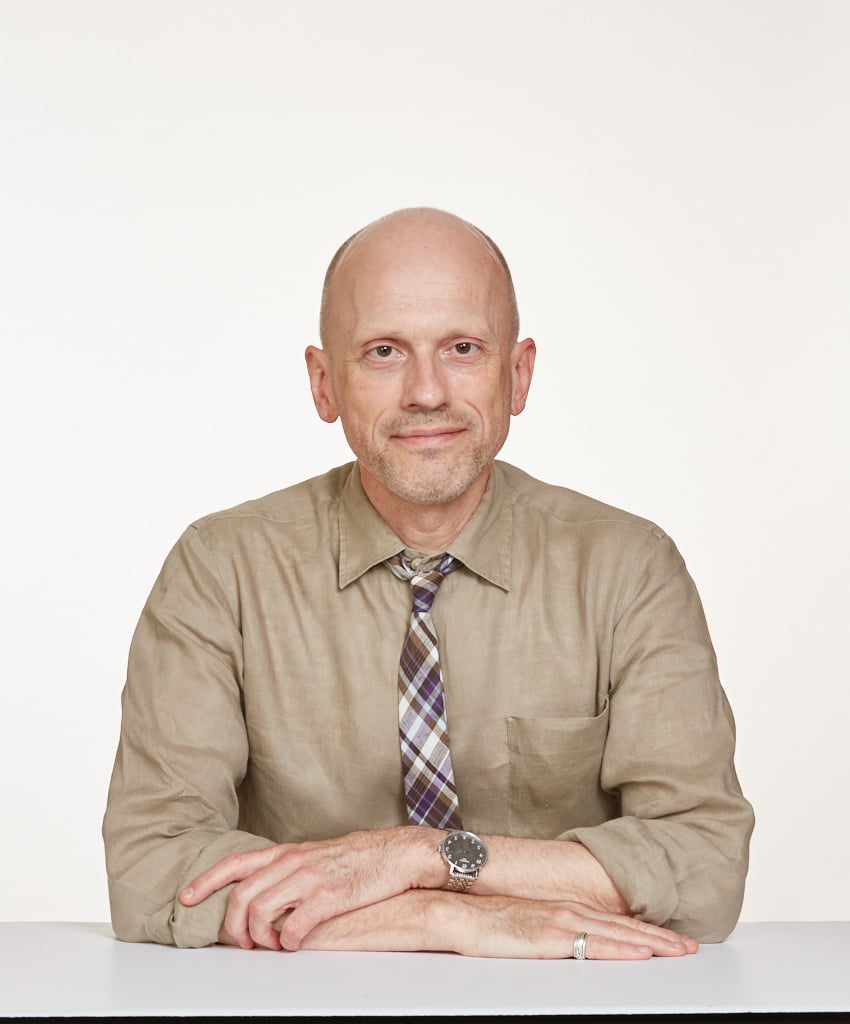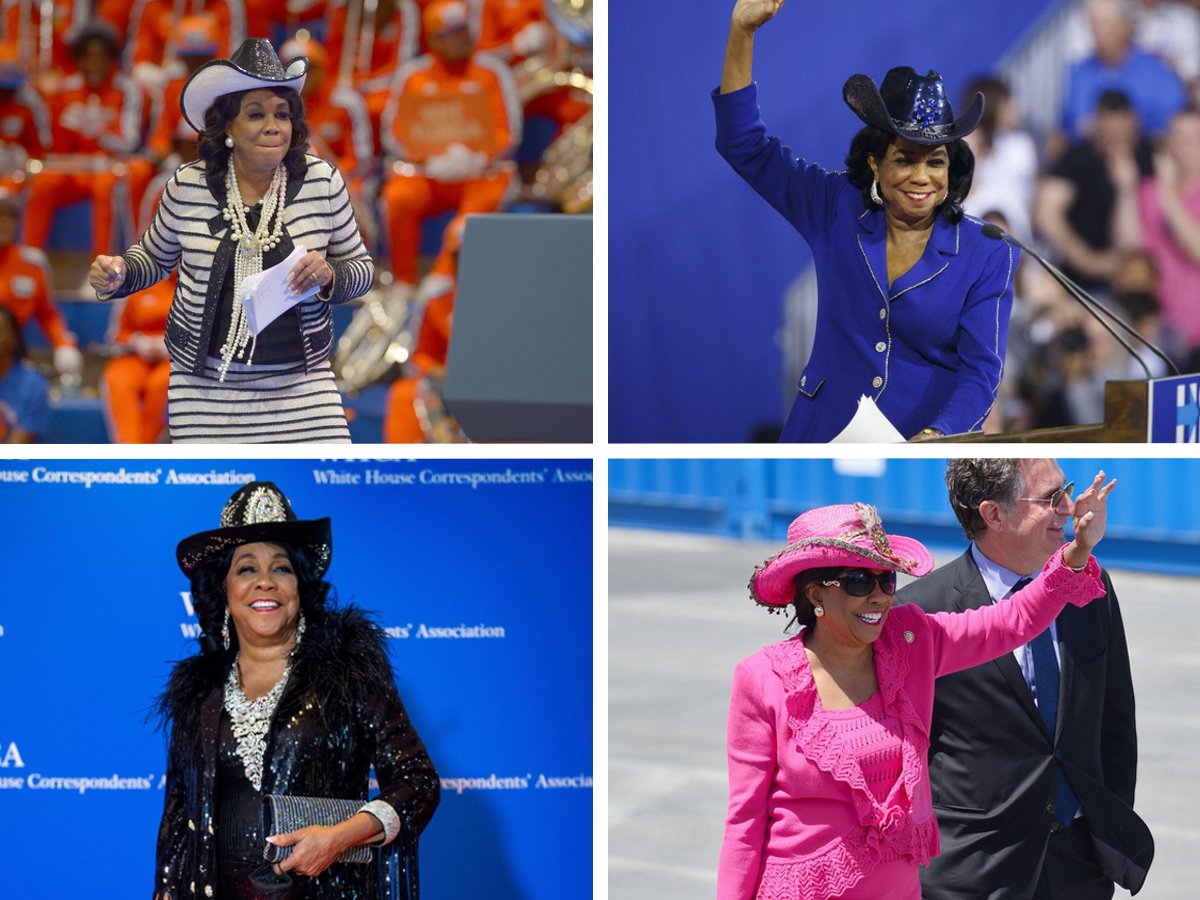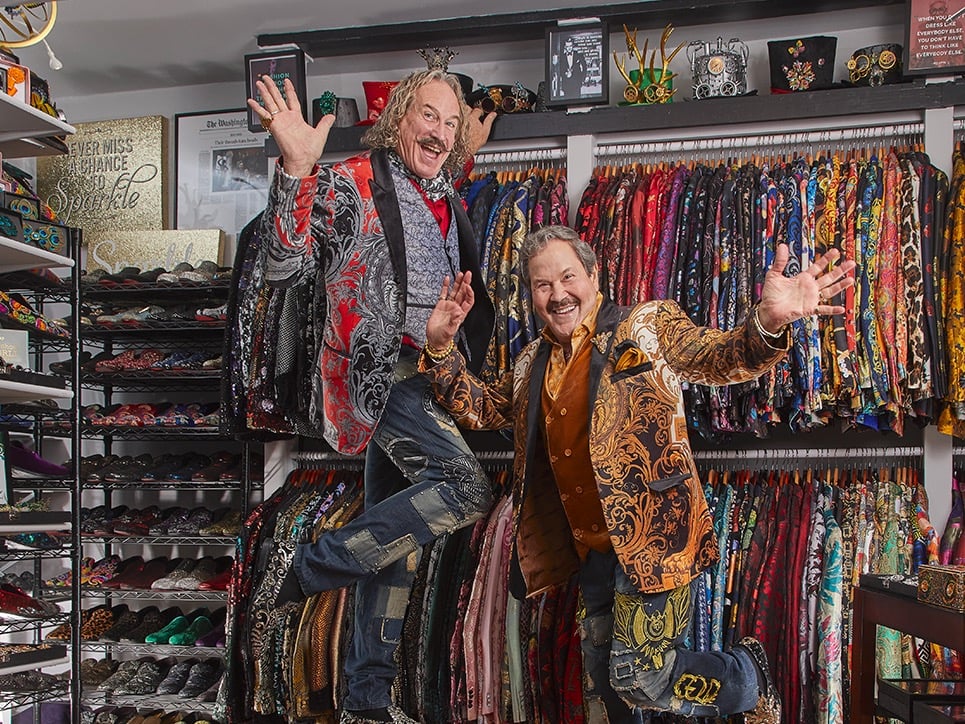 Loathsome words aren’t just clichés, jargon, and grammar lapses. They’re also seemingly benign expressions that spill easily from our mouths and fingertips yet have implications we don’t even think about—until we do.
Loathsome words aren’t just clichés, jargon, and grammar lapses. They’re also seemingly benign expressions that spill easily from our mouths and fingertips yet have implications we don’t even think about—until we do.
One of my biggest pet peeves:
Loathsome phrase of the day: “start a family.” (If there’s two of you, you already are a family.) #loathsomewords
— Bill O’Sullivan (@billmatto) February 20, 2016
What this euphemism means is get pregnant—or try to get pregnant, or have a baby, or adopt. So say that. Start a family devalues any couple who doesn’t happen to have kids, for whatever reason. It even sells single people short, who may not have children but do have “chosen” families of friends—not to mention families of origin (the ready-made kind, no assembly required).
Twenty or more years ago, I would have said this expression was heterosexist, but now it’s in the everyday lexicon of LGBT people as well. (Though I have to say I still hear it more often from straight people. Just saying!) For the sake of all the ways to be in the world, it’s time to put an end to start a family.
It’s actually possible. Gay lifestyle—a horrible phrase equating gay LIFE with a fondness for outdoor adventures or condo living—finally has fallen out of favor except with the most clueless and/or right-wing, as has sexual preference, with its overtones of medium versus well done, sparkling versus still. Both were common within my adulthood, and unrelenting anti-loathsomeness efforts (long before any hashtag, let alone mine) seem to have succeeded in virtually stamping them out.
On the other hand, I’m shocked how often, when editing, I come across congressmen to mean members of Congress. More than entrenched sexism on the part of any particular writer, this casual use—at a time when nearly 20 percent of the House of Representatives is made up of women, more than ever before—shows how entrenched some lazy writing habits are. Or rather, lazy thinking.
It’s been probably a couple of decades since efforts took hold to stop using schizophrenia to mean split personality, yet I still see references to someone with merely mercurial moods as being “schizophrenic.” Or an organization’s contradictory goals described as “schizoid.” (While schizo- does comes from the Greek word for split, in these cases it relates to a split in the thinking process, not one’s personality.) Schizophrenia is such a surpassingly complex mental disorder and the cause of such pain that sufferers and their loved ones deserve the respect of not hearing it tossed around in its inaccurate colloquial sense.
Speaking of respect, writer Amanda Kolson Hurley recently suggested a word she finds distasteful when it’s employed as a particular part of speech:
https://twitter.com/amandakhurley/status/727523449544052736
While I agree with her, I asked Amanda to elaborate on why it bothers her personally.
“Like male used as a noun,” she said, “it has overtones of criminality. (‘Suspect is described as a white female, medium height, medium build.’) When it’s not evoking a police report, it sounds like biology class. We describe animals as males and females, not people. I hear a female much more than a male, which irks me. Most people wouldn’t think twice about referring to a male doctor or politician or hang-glider as a man.”
I admit I hadn’t thought about the criminal connotation. The dehumanizing aspect is reason enough to avoid it.
Which brings me back to start a family. It sounds innocent enough. But why would you want to turn off a whole chunk of your readership when the solution is so simple? Let your language reflect, and be sensitive to, the world we live in.



















